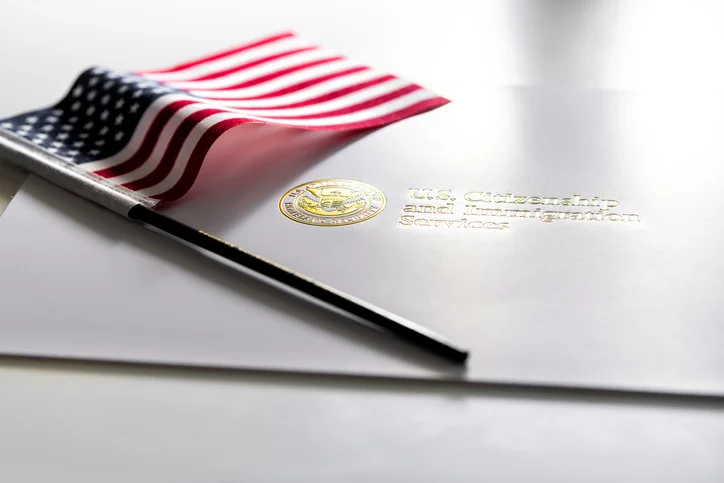Earlier this week, a federal court ruled that reasonable suspicion is required for Customs and Border Patrol (“CBP”) agents as well as Immigration and Customs Enforcement agents to search international travelers’ electronic devices at airports and other ports of entry into the United States.
Read MoreA federal judge in Portland, Oregon has temporarily stayed President Trump’s latest Proclamation, which would require applicants for immigrant visas to show their ability to obtain health insurance within 30 days of entry into the United States. The Proclamation was set to take effect on Sunday, November 3 but is temporarily on hold while the legal challenge to the Proclamation is adjudicated. If the Proclamation takes effect, applicants who fail to demonstrate the financial resources to obtain health insurance will have their visa applications denied.
Read MoreThe Department of Homeland Security (DHS) plans to extend Temporary Protected Status for nationals of El Salvador, Haiti, Honduras, Nepal, Nicaragua and Sudan to January 4, 2021. DHS will automatically extend the validity of Employment Authorization Documents, Forms I-797, Notice of Action, and Forms I-94, Arrival/Departure Record (collectively, TPS-related documentation) to this date.
Read MoreAccording to news reports, Immigration and Customs Enforcement (ICE) have recently started on-site visits to employers of international students working on STEM Optional Practical Training (OPT). These visits are to confirm that the information on the training program, Form I-983, is accurate.
Read MoreThree federal courts across the United States have temporarily suspended the enforcement of the Department of Homeland Security’s new “public charge” rule, which was set to take effect on October 15, 2019. This new rule redefines how the agency can determine whether a foreign national is at risk of needing public assistance, which would make the foreign national ineligible for admission, extension of status, or permanent residence.
Read MoreThe recent transfer of more than 700 border agents from the US-Canada border to the US-Mexico border means travelers between Canada and the US should be ready for delays at immigration inspections. The Department of Homeland Security announced that the temporary transfer of border agents from the northern to the southern border is to assist with the influx of asylum-seekers from Central America.
Read MoreThe Ninth Circuit Court of Appeals issued a decision (Ma v. Sessions) earlier this month, upholding the removal order of an H-1B worker whose timely filed H-1B extension petition was denied and whose following application for permanent residence based on employment also was denied. The court reasoned that the H-1B worker was not eligible for permanent residence because he had more than 180 days of unlawful status by the time he had filed his application for permanent residence. The H-1B worker argued that he was in lawful status while his H-1B extension petition was pending because the regulations automatically extend work authorization during this time and that he only started accruing unlawful status once his extension petition was denied. The court disagreed. It held that such work authorization does not constitute “lawful status” and that the H-1B worker had ceased to be in lawful status once the underlying petition had expired. As such, the H-1B worker had well over 180 days of unlawful status at the time he applied for permanent residence and was not eligible for any relief.
Read MoreThe Department of Homeland Security’s Customs and Border Protection (“CBP”) unit, which is responsible for immigration enforcement along U.S. borders, has indicated it will expand the use of facial recognition technology to record departure information from international travelers. The technology is being implemented gradually at airports nationwide.
Read MoreStarting October 1, 2018, U.S. Citizenship & Immigration Services (USCIS) may begin removal (also referred to as “deportation”) proceedings after denying an application for a benefit, such as an application for adjustment of status to lawful permanent resident (Form I-485), naturalization (Form N-400), or change or extension of status (Form I-539). This new policy stems from President Trump’s Executive Order 13768, “Enhancing Public Safety in the Interior of the United States.”
Read MoreThe enforcement priorities of the Trump administration when it comes to U.S. immigration continue to intensify. Late last week, U.S. Citizenship and Immigration Services (“USCIS”) released guidance, expanding the range of cases in which it can initiate removal proceedings.
Read More









